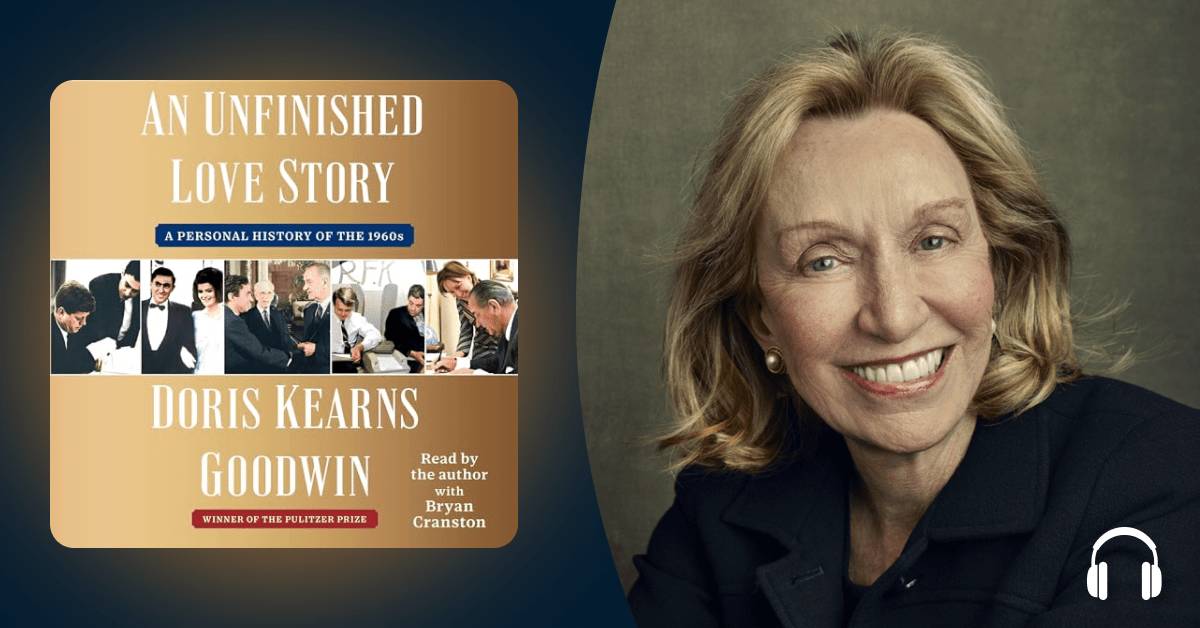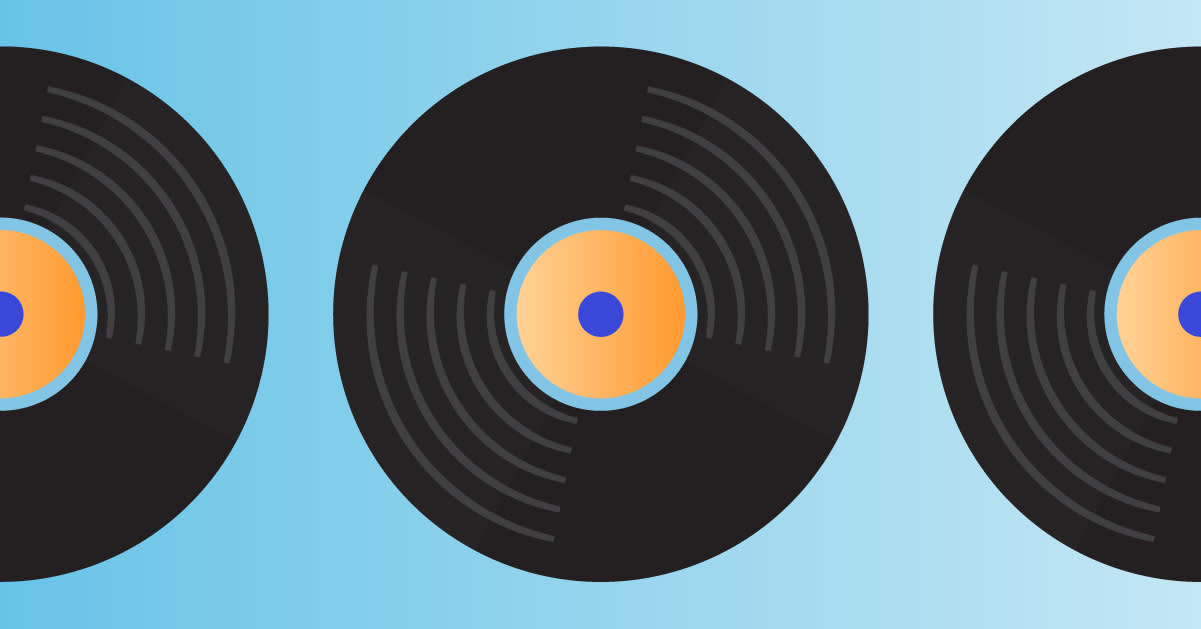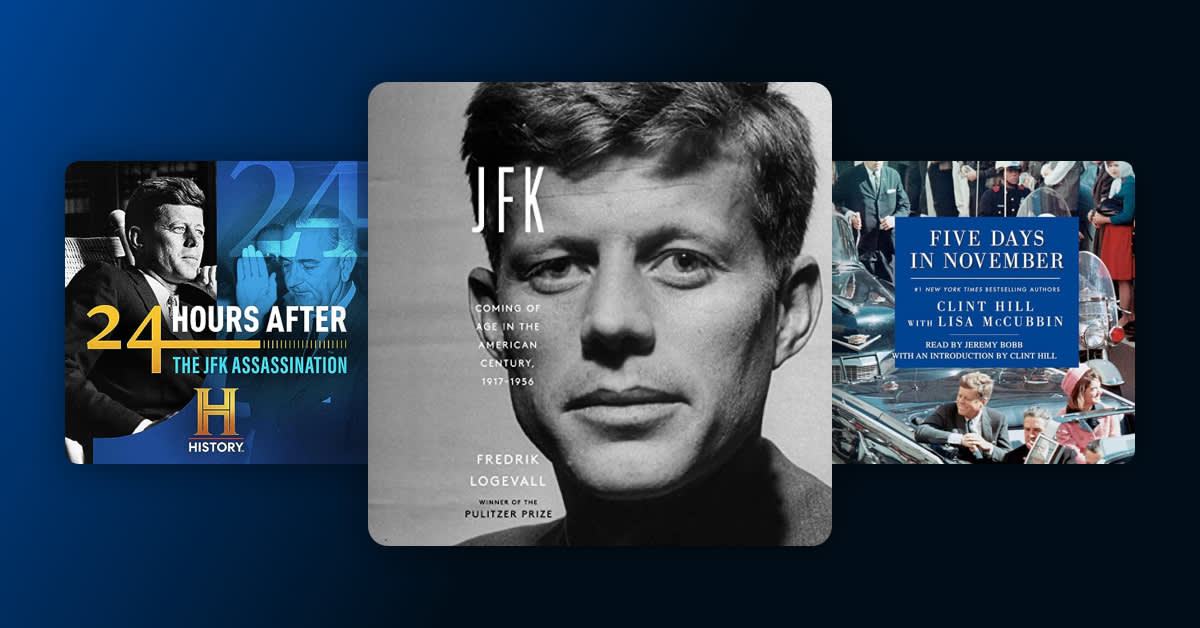The 1960s were a period of change, living in the popular imagination as a decade of political turmoil, social unrest, and countercultural shifts. From the Vietnam War and the protests it sparked to the Civil Rights Movement and the Stonewall Riots, the 1960s in the United States were in part defined by the movements that rose up in the midst of oppression. But they were also a time of tremendous innovation and creation in arts and culture, from the dawn of Beatlemania to the first Woodstock Music and Art Fair closing out the decade in 1969. Color televisions appeared in living rooms across America, Neil Armstrong walked on the surface of the moon, and the free love movement ushered in a new era of social liberation.
Of course, no decade can be summed up in a few sentences—which is exactly why we've compiled this list of essential books of and about the 1960s to help you dive a bit deeper. Here you'll find stories set in the 1960s and some of the most iconic books first published in the 1960s, fiction and nonfiction, which speak both to the time in which they were written and to our current moment more than six decades later.
Best audiobooks about or set in the 1960s
Beloved historian Doris Kearns Goodwin is no stranger to writing history, but this is her most personal book yet. In this beautifully intimate reflection on a tumultuous decade, Goodwin expertly blends political and social history, memoir, and biography in an unforgettable journey about the people, places, and events that defined 1960s America. Drawing on hundreds of boxes of letters, journals, and other ephemera her husband Dick collected over his storied career in American politics, this is a history of the 1960s like no other you'll hear. Goodwin reads the audiobook herself, with some sections narrated by actor Bryan Cranston, and as a bonus, there are archival recordings of John F. Kennedy, Lyndon B. Johnson, and Robert F. Kennedy.
Colson Whitehead's Pulitzer Prize-winning novel about the horrors two Black boys face at a juvenile reformatory in Florida in the 1960s is a chilling and emotional exploration of the legacies of slavery, segregation, and the ongoing sting of systemic racism. JD Jackson voices the two main characters—the idealistic and naive Elwood and scheming, skeptical Turner—with incredible care and nuance. This is a challenging, unforgettable listen from one of America's best contemporary writers.
This remarkable biography paints a multifaceted portrait of Rev. Dr. Martin Luther King Jr., a leader who often wrestled with his own failures, a fierce activist who persisted despite exhaustion and doubt, and a human being enmeshed in complicated relationships. Dion Graham won an Audie for his narration of this epic, 20+ hour biography, and it's easy to see why: His voice absolutely soars. He captures the tone, cadence, and resonance of Dr. King's voice without ever attempting to mimic or impersonate. His talent elevates this already extraordinary work of nonfiction to another plane altogether.
It's the early 1960s, and Elizabeth Zott is working as a chemist at Hastings Research Institute, where sexism is the norm and no one takes her seriously—perhaps not even the Nobel Prize-winning colleague who seemed to love her for her mind. Years later, after a series of unexpected events, Elizabeth finds herself the host of a popular cooking show, and she's determined to show America what she's really worth. This debut is a smart, hilarious, and delightfully irreverent story about a woman with an indomitable spirit during a time when women were often overlooked.
Listening to Patti Smith narrate her sharp and poignant memoir about her friendship with Robert Mapplethorpe is like being immediately transported back to New York City in the late 1960s. She's a born storyteller, and it shows in both her prose and her voice. She regales listeners with tales of being a young college dropout in 1960s New York, the trouble she and Mapplethorpe got up to, their deepening artistic partnership, and the ups and downs of building a life as an artist.
Part mystery and part character study of the residents of a South Brooklyn neighborhood, this warm and funny novel is a testament to hope and humanity. In September 1969, an old church deacon pulls up to the Cause Houses housing project and shoots the resident drug dealer. The story unfolds through the POVs of everyone affected by the shooting, whose lives intersect in surprising ways. With depth and vocal diversity, Dominic Hoffman vividly brings the wide-ranging cast of characters and the turbulent 1960s setting to life.
In 1962, Vera Kelly is struggling to make ends meet and to settle into Greenwich Village's underground gay scene. Then, to her complete surprise, she gets recruited by the CIA and suddenly finds herself in Argentina spying on student radicals and mixed up in a coup. This unconventional spy thriller is full of heart, and it's as much about Vera's emotional inner journey as it is about Cold War politics. Elisabeth Rodgers narrates this novel, as well as the two sequels, with a pitch-perfect accent and tone.
Jacqueline Woodson's luminous middle grade memoir-in-verse is a must-listen for kids, teens, and adults alike. In gorgeous, striking poems, she recounts her childhood in New York and South Carolina in the 1960s and '70s. She writes about Jim Crow laws and the Civil Rights Movement, finding her voice as a poet, her family and their stories, and the places that shaped her understanding of the world. She narrates the audiobook herself, and her unique vision and deep love for poetry and storytelling shine through in her voice.
15 of the best books released in the 1960s
Shirley Jackson's gothic classic has been unsettling readers since its initial publication in 1962. This haunting novel about the Blackwood family and the mysterious, isolated estate they live on is full of sharp wit and keen societal observations that still ring true today. Narrator Bernadette Dunne captures every eerie moment and all of Jackson's macabre humor.
Ursula K. Le Guin pushed the boundaries of what was possible in science fiction and fantasy with novels and stories that explore gender, inequality, and sexuality. Much of her work, including the groundbreaking The Left Hand of Darkness, offers blueprints and visions for building a more just human society. Set on the alien world of Winter, the novel follows a human emissary struggling to understand the intricacies of aliens who can change their genders at will.
Malcolm X's autobiography, published in 1965, remains a modern classic and an essential book for understanding American history. With passion and precision, Malcolm X recounts the story of his life, from his incarceration to his conversion to Islam and lifelong work as a radical activist. Narrator Laurence Fishburne channels Malcolm X's passion and conviction and beautifully translates his fiery prose into audio.
Widely considered the best true crime narrative of all time, Truman Capote's riveting account of the murder of four members of a family in Holcomb, Kansas, is a shining exemplar of what is possible within the genre over 60 years later. (In fact, it may have been Capote's incredible pacing, attention to detail, and eye for character that inspired the term "nonfiction novel" in the first place.) Whether you're a fan of true crime, history, or simply looking for a complex and empathetic story about a terrible event, this is a must-listen.
Poet and writer Sylvia Plath’s brilliant exploration of womanhood and mental illness in the 1960s is a classic for a reason. The novel follows Esther Greenwood's rapid downward spiral over the course of one summer in New York City while interning for a fashion magazine. As she did in much of her work, Plath skewers the rampant sexism of the 1950s and 1960s and meditates on mental health, psychology, and bodily autonomy. Actor Maggie Gyllenhaal's performance as Esther is staggering, a singular listening experience that shines a fresh light on this complex modern classic.
The first book in Maya Angelou’s cycle of autobiographies, I Know Why the Caged Bird Sings is a story of healing, self-love, and the power of art. Angelou recounts her childhood in a small Southern town and later, St. Louis, the violence and abuse she suffered as a child, and the winding path she took to healing and empowerment while living in San Francisco as an adult. If you have ever had the pleasure of hearing Angelou speak or read any of her poems, you'll know what a treat it is to listen to her tell her own story in this audiobook.
First published in 1962, Another Country, like all of James Baldwin's writings, is a masterpiece that illuminates the complexity of the human experience. Bouncing between New York City and France, it's the story of a jazz musician, Rufus Scott, and the people who are tangled up in his life and death. Baldwin's talent for capturing emotional nuance is unparalleled, and his ability to crystallize truths about American society is as necessary today as it was over half a century ago. Dion Graham gives a masterful performance of a masterful novel.
1969's Slaughterhouse-Five is one of Kurt Vonnegut’s many satiric masterpieces. It starts with the bombing of Dresden, Germany, but from there, all sense of realism and chronology disappears. The story’s main character, Billy Pilgrim, has the unfortunate fate of experiencing historical events in no particular order. Sometimes, he’s an actor in these events and other times, simply a witness—but they always seem to make his life a bit more chaotic.
A Wrinkle in Time has been a childhood classic since it was awarded the Newbery Medal in 1963. Madeleine L’Engle’s tale follows high school student Meg Murry and her little brother, Charles Wallace, after their father—a scientist experimenting with time travel—goes missing. Inspired by a tip from a mysterious stranger, the siblings, along with Meg's friend Calvin, embark on a dangerous and magic-filled quest through space to find him. Tony-nominated actress Hope Davis brings a kind of magic to her narration of the story.
Nothing says sci-fi quite like Dune. The 1965 classic is the first in a bestselling series that changed the face of the genre forever. And with a team of narrators including Audible Hall of Famers Scott Brick and Simon Vance, accompanied by light music and sound effects, Dune is more engrossing than ever. Frank Herbert’s tale follows a family of farmers that supervise the harvesting of a spice-turned-drug called "melange" from a barely habitable desert planet, Arrakis. Melange extends life and enhances intelligence, and its scarcity triggers conflicts of politics, religion, and environment that guide the protagonists in their struggle to protect Arrakis and themselves.
Ray Bradbury’s 1962 expertly crafted blend of fantasy and horror, Something Wicked This Way Comes, follows two 13-year-old boys in midcentury Illinois and the terror that unfolds after encountering a traveling carnival. This isn't just any carnival, if the ominous Shakespeare line in the title didn't already give that away. At this carnival, led by the mysterious Mr. Dark, strange and surreal goings-on tempt the boys with mystery and mayhem alike.
Legendary marine biologist and conservationist Rachel Carson forever changed the way we view and interact with the natural world with 1962's Silent Spring, her essential work on chemical pollution and humanity's impact on nature. Kaiulani Lee voices this classic, which is widely credited with sparking the modern environmental movement.
First published in 1967, The Outsiders unfolds in Tulsa, Oklahoma, following a group of working-class "greasers" as they come to blows with the "socs," a rival gang of rich kids from the other side of town. S.E. Hinton’s coming-of-age classic approaches boyhood and belonging with nuance, demonstrating that people can be good and evil, tough and scared. Performed by Jim Fyfe, the story remains golden even decades on.
Actor Maya Hawke exquisitely brings to life Joan Didion's landmark nonfiction essay collection that was originally published in 1968. Didion's work has long been praised for its exceptional eye toward countercultural movements of the '60s and '70s, and that skillful prose is on vivid display here. Whether writing on her experiences growing up in California or cultural icons like John Wayne and Howard Hughes, this listen is a foundational text on 1960s America.
Considered one of the best spy novels of all time, John le Carré's 1963 Cold War classic is a must for any mystery and thriller fan. The Spy Who Came in from the Cold opens as British intelligence officer Alec Leamas, who yearns for retirement and a life of peace, is sent on one final assignment to East Germany. Working under the guise of a British turncoat, Leamas's mission is to sow mistrust around a dangerous German agent, Hans-Dieter Mundt, in order to topple his power and influence.



























